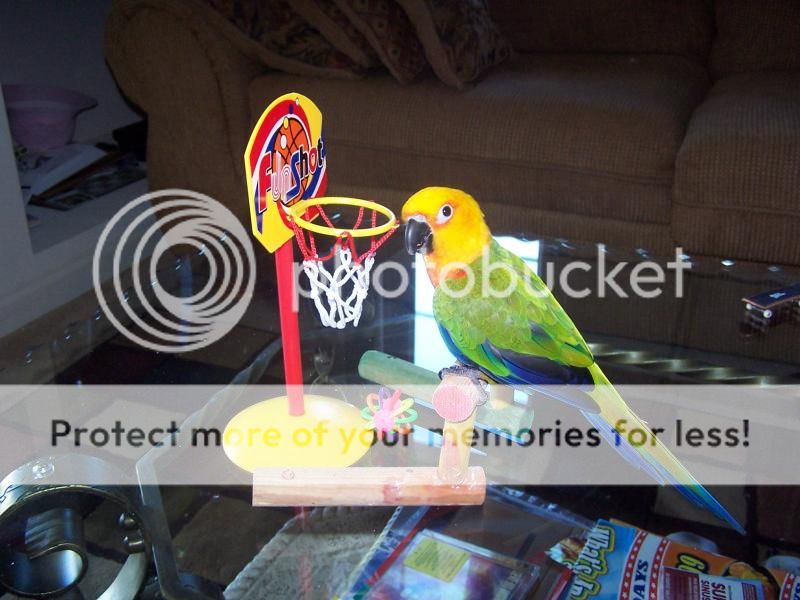Absolutely! I really appreciate your feedback here

I want my baby to be confident and sassy like my green cheek Genevieve is, which is why I'm going to harness train him and get him out as much as I can, without overwhelming him.
I decided on this species because they're everything I ever wanted (and needed) in a companion. I like to be challenged and to learn. I thrive when I'm nurturing and developing. I'm only 22, so I still have some mental development ahead of me, though that is winding down. I have several autoimmune diseases, which have all contributed to my anxiety, depression and agoraphobia. But when I'm handling my birds, I feel so at ease and temporarily forget that I'm sick and in constant pain. The few times I've been able to take my conure or cockatiel out in public on their harness, social interaction has been a breeze for me, because I'm focusing on making them feel safe and comfortable. When people ask me about my birds, I light up and forget I'm afraid of people haha I go into a confident and protective mode to help my babies feel safe, and my own insecurities melt away.
I'm unable to work, and probably never will be able to, so I wanted something to nurture, to love, and to help blossom. I am unable to have kids (and that would just be irresponsible in my situation), but I've done my research and came to the conclusion that a CAG is within my ability to care for properly. This will be the last permanent addition to my flock.
I get SSI due to my health, and hardly spend my "extra" money (after bills are paid and food is bought) outside of caring for my birds. They are my everything. I have an emergency fund set up in case of a health crisis for all of my birds, and have a budget for them each month. I've been saving up for months for this CAG, and all of the things I'll need for him, including the preliminary vet visit.
I've been researching and deliberating and combing over every detail I can for the last several months.
My partner is also moving in with me at the end of the year, so I'll also have extra help after LO has been here for just a couple of months. The grey is exclusively my bird, but my boyfriend is "step dad" to the flock.
We're even moving everything around my apartment to help make it the safest, most welcoming place possible for my Little One.
All of this preparation has got me rather high-strung and I'm trying to get all of the anxiety out before LO comes home, for obvious reasons.
Are there any books you would recommend for training a CAG? Both general training and trick/prop training. It would be nice to have a physical manual to be able to refer to if I need it.



